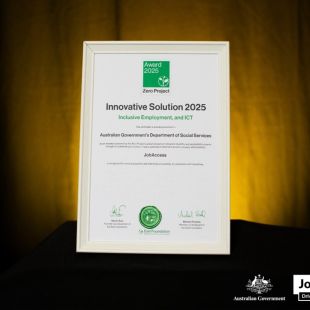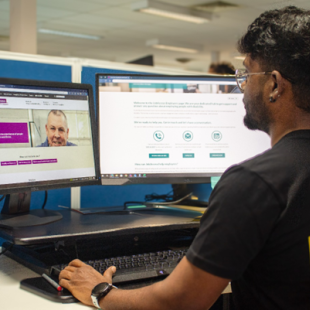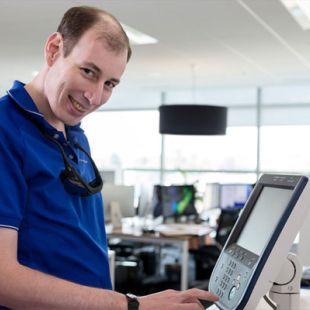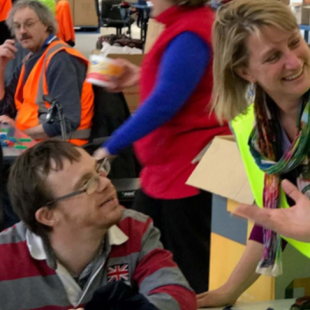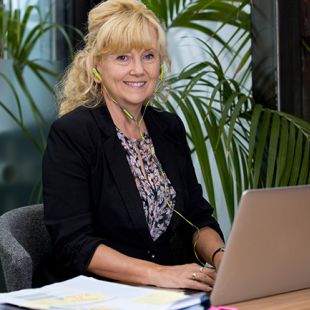What is JobAccess? | Free Disability Employment Support

Image description: person writing notes with laptop, coffee and phone, looking from overhead.
What is JobAccess?
JobAccess is the Australian Government’s hub for disability employment support. JobAccess services are delivered by GenU, on behalf of the Department of Social Services. JobAccess provides free, expert advice and services to:
Since 2006, JobAccess has worked to break down disability employment barriers. The JobAccess program is known for its tailored approach to helping people and employers get the most out of disability employment. JobAccess is delivered by experts in disability, mental health, workplace adjustments, and disability inclusion.
JobAccess recently won an international award for the service.
How JobAccess helps people with disability
We offer people with disability:
- Expert advice on finding and keeping a job
- Workplace adjustments and modifications through the Employment Assistance Fund (EAF)
- Financial support for assistive technology, training, and workplace accessibility
- Resources and guidance on employee rights and workplace support.
The goal is to remove barriers for people with disability at work, helping them get work and progress in their careers.
How JobAccess supports employers
Employing people with disability can boost workplace diversity, innovation, and productivity. JobAccess helps employers by providing:
Workplace Adjustments and the EAF
JobAccess helps both employers and employees access financial support for workplace changes. The EAF funding may cover:
- Assistive technology (e.g., screen reader software)
- Physical workplace modifications (e.g., accessible ramps, lighting, sound)
- Specific disability awareness training for staff
- Auslan interpreting services.
We manage the entire process, including free workplace assessments if required.
Building Disability-Confident Workplaces
The NDRC helps employers create accessible and equitable hiring practices. Through an employer partnership, you can receive:
- A dedicated advisor to review and advise on workplace policies
- Strategies to attract, hire and retain the careers of employees with disability
- Disability awareness training
- Recruitment guidance
- Job vacancy distribution service
Read more about how the NDRC can help you build your disability confidence.
Why Inclusive Employment Matters
One in five Australians has a disability, but only half of those of working age have jobs. JobAccess helps bridge this gap. We equip employers with the tools to hire and support people with disability. Inclusive workplaces enjoy:
- Higher staff morale and loyalty
- Improved customer service and brand reputation
- Access to diverse skills and perspectives.
Hiring people with disability isn’t just right—it makes good business sense.
Get Started with JobAccess
Whether you're a jobseeker, need help at work, are an employer, or service provider, JobAccess can help you.
- Explore free resources at: https://www.jobaccess.gov.au/
- Call our expert advisers: 1800 464 800
Together, we can create a more inclusive workforce for all.
